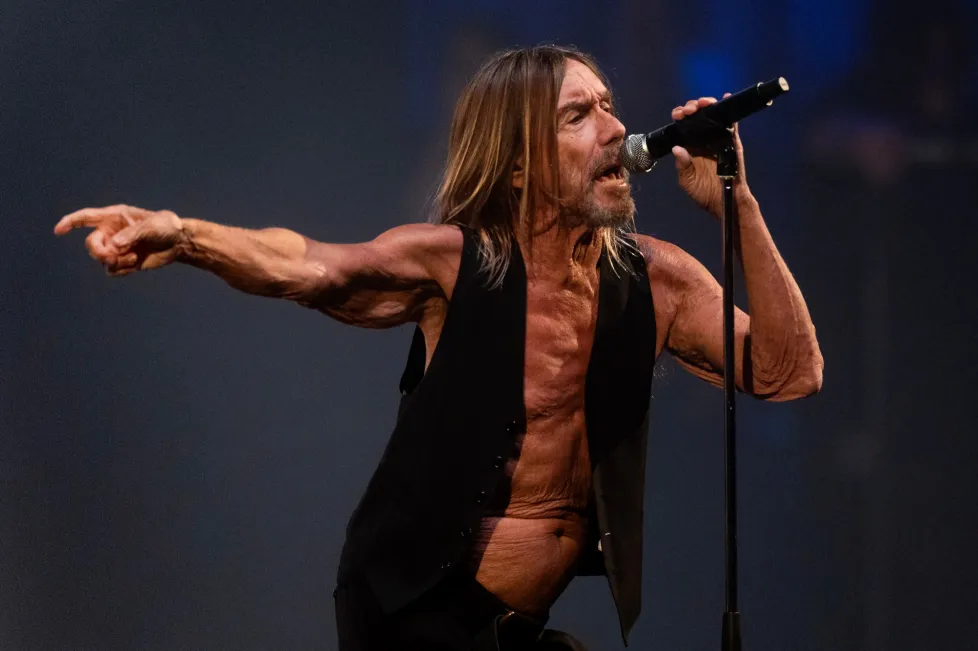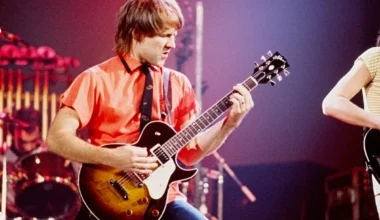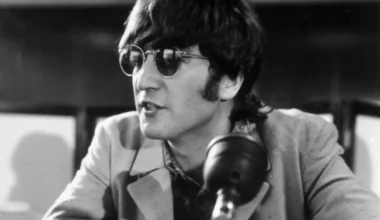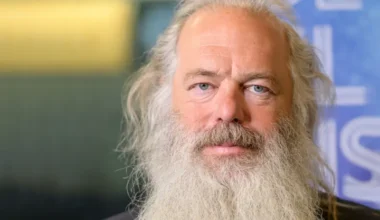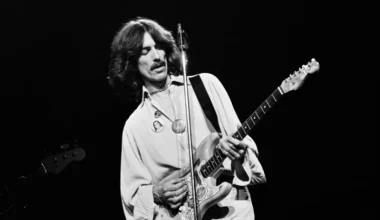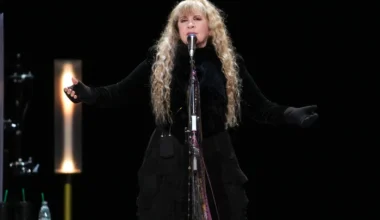The Beatles’ history is so wide and twisting that people have written reams and reams about it but still feel like they haven’t fully grasped it. They went through numerous phases and styles. Each was driven by distinct elements such as countercultural movements, band disputes, and external relationships. They’re a difficult act to summarise because their sound changes dramatically as they move. Iggy Pop, on the other hand, managed to put it succinctly.
I live in horror of being asked what my favorite Beatles album or song is. With such an ever-changing style, how can anyone compare? How can you choose between the upbeat pop-rock of songs like ‘I Saw Her Standing There‘ and their early releases and the high-art experiments of ‘A Day In The Life’ or ‘Tomorrow Never Knows’? Trying to pick a favorite era is hard because they seemed to transform into a whole different band with each twist.
Iggy Pop made it seem so effortless. When asked to name his twelve favorite albums of all time, he makes place for David Bowie, Bob Dylan, and The Rolling Stones. He does so by selecting only one Beatles album. Rubber Soul is his favorite album, including classics such as ‘Drive My Car’, ‘Norwegian Wood’, and ‘Michelle’.
The album, released in 1965, was a turning point in their career. Its distinct shift in sound earns praise, separating its smash singles. From the most intriguing and experimental countercultural group, they’d evolve into. That move alone might be studied in thousands of words about their external influences. The effects of drugs and all of the changes in their dynamics contributed to the exact alterations in sound. Pop, on the other hand, uses a simple three-stage map to explain the band’s evolution.
“This is just after they’d written their cute hits, and a little more sadness was creeping in,” he went on to say. For him, the Beatles’ first stage, which included their debut album and early releases such as Beatles For Sale or With The Beatles, was their “cute” period. It was all bowl cuts and crisp suits. However, the members still resembled clean-cut boys you’d want to bring home to your mother.
Pop considers Rubber Soul, his favorite record, and other middle releases like as Revolver to mark the beginning of darkness. There’s a tiny shade cast over the album, particularly on tracks like ‘For No One’, the coolness of ‘Michelle‘, and even the bittersweet romanticism for a lost childhood on ‘In My Life‘. The band began to incorporate their own stories and lives, blending them with the beginnings of their drug use. Eventually, their perspective on their own stories became twisted and hallucinogenic.
The band’s third and final stage does not appear to excite the musician, who described it as “the this-song-is-gonna-be-12-minutes-long-and-I’m-depressed-so-put-up-with-it phase.” With that term, he’s probably referring to songs like ‘A Day In The Life’, ‘Revolution 9’, or the lengthy Abbey Road Medley. Their group’s career was drawing to a close, with all members yearning to depart, and their relationships lay in ruins. Their final music reflects the personal melancholy of everyone involved.
However, Iggy Pop considers the golden era to be in the pleasant midway, somewhere between sweetness and plain melancholy strangeness. Rubber Soul suited him perfectly; he’ll skip the rest.

